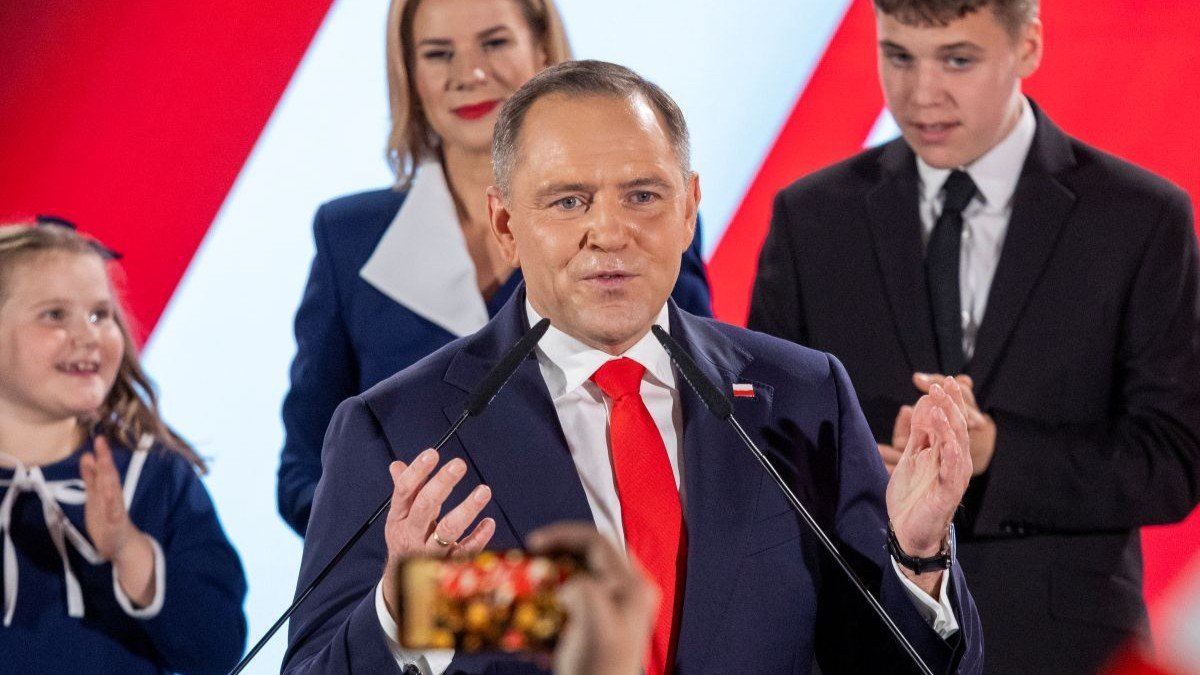A conservative comeback in Poland
In a major blow to Prime Minister Donald Tusk’s hopes of finally enacting his liberal and pro-Europe agenda, Law and Justice-backed candidate Karol Nawrocki defeated liberal Warsaw Mayor Rafal Trzaskowski in the final round of Poland’s presidential election. Nawrocki won 50.89% of the vote in the head-to-head runoff. His win means a conservative will retain the presidency – Andrzej Duda had served for the previous decade – so there will continue to be a cap on what Tusk can achieve, given the president’s veto power.
Five new countries to enter the UN Security Council villa
The United Nations Security Council on Tuesday will elect five new temporary members to serve for the next two years, with Algeria, Guyana, South Korea, Sierra Leone, and Slovenia each set to end their terms this year. The 15-member council, which has five permanent members — China, France, Russia, the United Kingdom, and the United States — tries to soothe global disputes, but has faced criticism for its failure to reform.
Guess who’s back?
The US Senate is back in session after its two-week Memorial Day hiatus, and it has something major on its docket:
Donald Trump’s One Big Beautiful Bill. Before the break, the House passed the bill by a single vote, but Republicans in the upper chamber have already said they’d like to
make some alterations. If they do, the House will have to vote on the bill again. Penny for your thoughts, Speaker
Mike Johnson?
